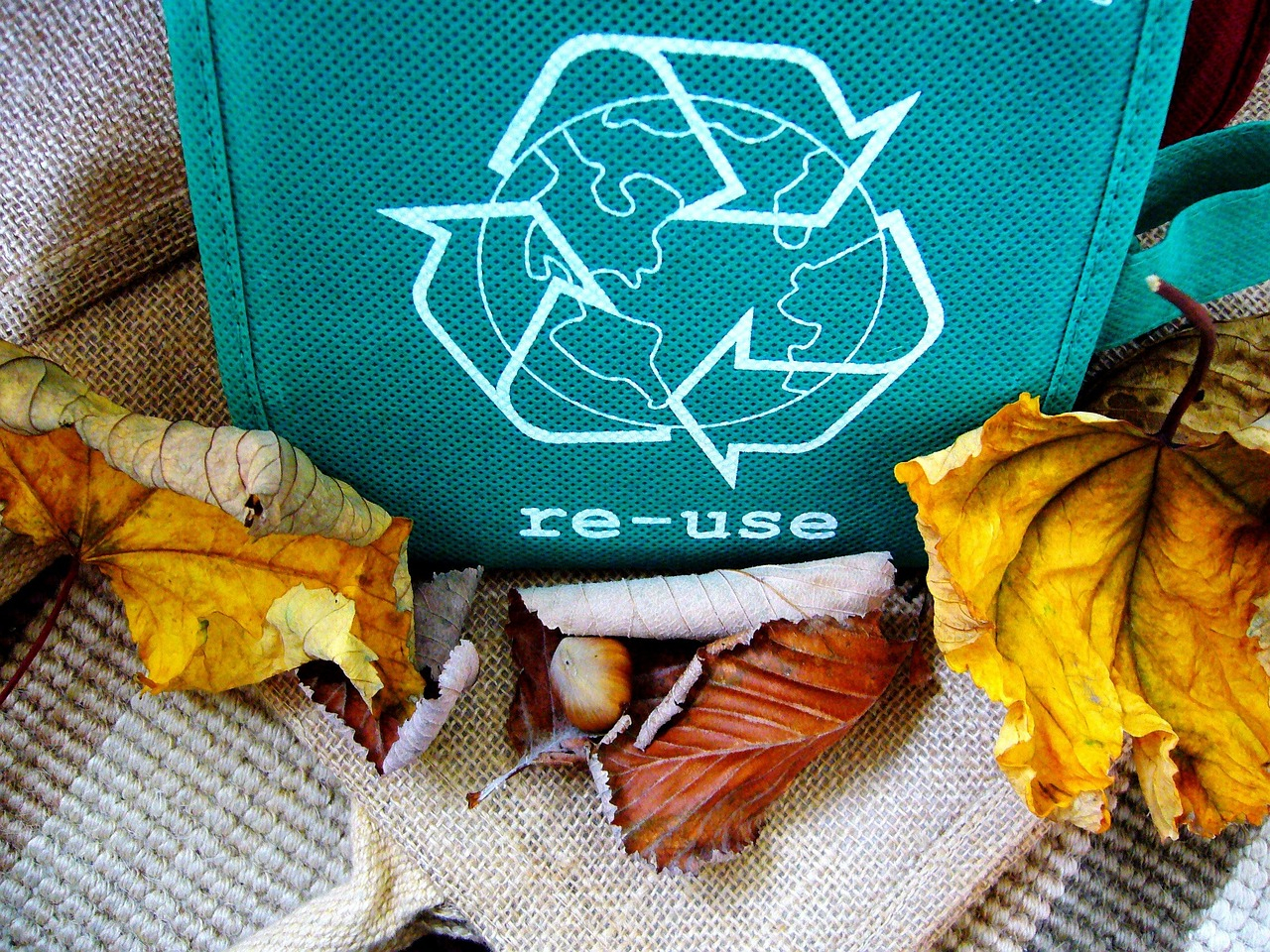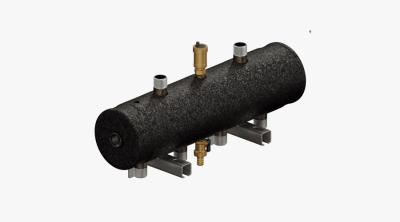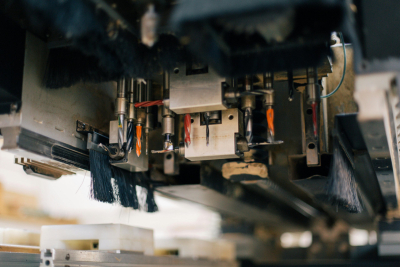Technological innovations
Technology plays a pivotal role in revolutionizing plastic collection efforts. Advanced robotics and artificial intelligence are being leveraged to enhance the efficiency and precision of waste sorting processes. Automated sorting systems equipped with sophisticated sensors can distinguish between different types of plastic, streamlining the recycling process and minimizing contamination.
Furthermore, the development of unmanned aerial vehicles (UAVs) equipped with specialized sensors offers a promising solution for identifying and mapping plastic pollution hotspots in remote or inaccessible areas. These aerial surveys provide valuable data for targeted cleanup efforts, optimizing resource allocation and maximizing impact.
Community engagement
Empowering communities to actively participate in plastic collection initiatives is essential for long-term success. Educational programs and grassroots campaigns raise awareness about the importance of proper waste disposal and recycling practices. By fostering a sense of environmental stewardship, communities become actively involved in cleaning up their surroundings and preventing plastic pollution at its source.
Moreover, incentivizing plastic collection through rewards programs or deposit schemes motivates individuals to contribute to waste management efforts. By offering tangible benefits for recycling, such as discounts or redeemable points, communities are incentivized to prioritize proper waste disposal and recycling.
Public-private partnerships
Collaboration between the public and private sectors is vital for implementing effective plastic collection strategies on a large scale. Public-private partnerships leverage the strengths of both sectors, combining resources, expertise, and innovation to tackle complex environmental challenges.
Government incentives and policies play a crucial role in encouraging private sector involvement in plastic collection and recycling initiatives. Tax incentives for companies investing in recycling infrastructure or utilizing eco-friendly packaging incentivize sustainable practices and drive innovation in plastic waste management.
Investment in infrastructure
Building robust infrastructure for plastic collection and recycling is paramount for achieving significant progress in combating plastic pollution. Investment in recycling facilities, waste treatment plants, and collection systems is essential to support efficient waste management practices.
Additionally, upgrading existing infrastructure to accommodate advanced sorting and recycling technologies enhances processing capabilities and reduces reliance on landfill disposal. By modernizing waste management infrastructure, communities can effectively handle increasing volumes of plastic waste while minimizing environmental impact.
Circular economy initiatives
Transitioning to a circular economy model is fundamental for reducing reliance on single-use plastics and promoting sustainable consumption patterns. Circular economy initiatives prioritize the reuse, recycling, and repurposing of materials to minimize waste generation and maximize resource efficiency.
By implementing closed-loop systems where products are designed for recyclability and materials are continuously circulated within the economy, the demand for virgin plastics diminishes, reducing pressure on natural resources and mitigating environmental degradation.
Revolutionizing plastic collection is imperative for mitigating the pervasive threat of plastic pollution and safeguarding the health of our planet. By embracing technological innovations, fostering community engagement, forging public-private partnerships, investing in infrastructure, and promoting circular economy initiatives, we can chart a course towards a cleaner, more sustainable future.
Through concerted efforts and collective action, we have the opportunity to reshape the trajectory of plastic pollution and pave the way for a world where plastic waste is no longer a burden but a valuable resource.








